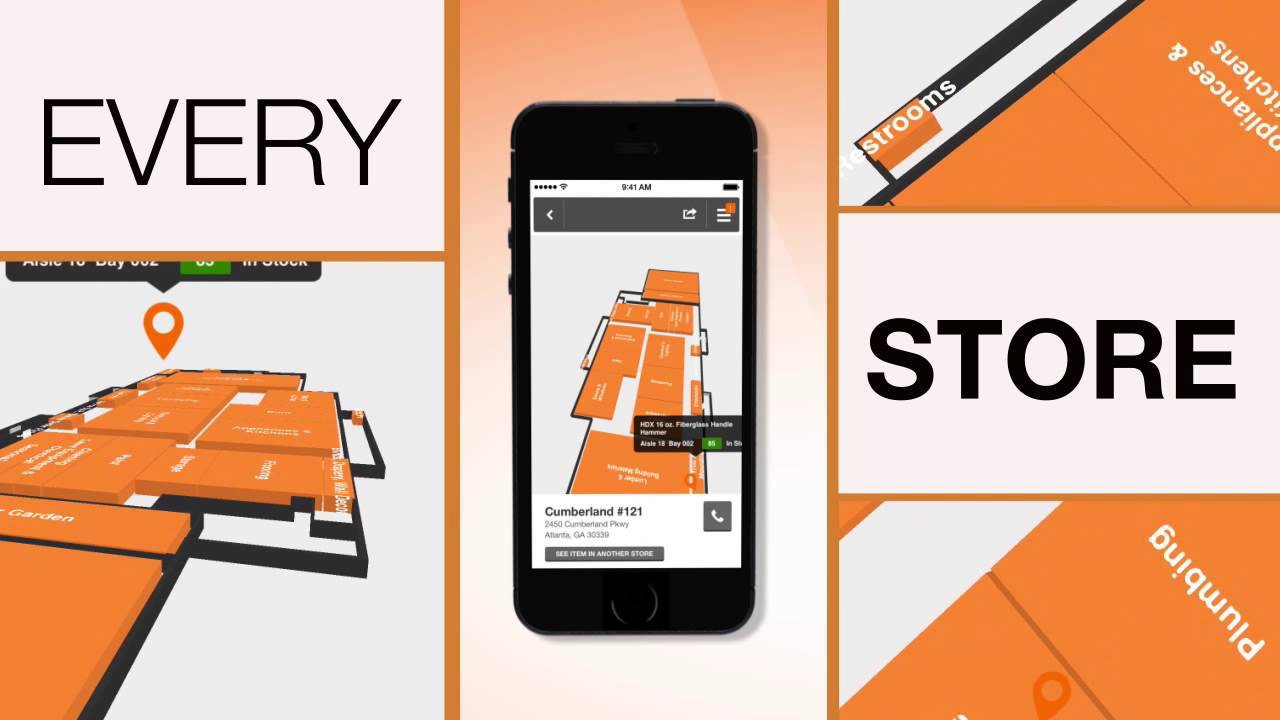Messengers as a platform of convenience
In our first article, we wrote about how instant messengers are turning into multifunctional platforms. The tone for this is set by “Asian tigers” - Ben Baharin, an analyst at Creative Strategies, wrote on Re / Code about how WeChat, and all the other messengers behind it, are drifting towards “the Internet of everything”.

The potential of instant messengers to develop from applications for the delivery of messages to the platform for the delivery of goods and services to consumers is widely discussed in Silicon Valley. Anyone who has studied how WeChat has evolved from a simple messenger into a powerful platform understands not only the great potential, but also all the problems in reproducing the WeChat model outside of China. Messengers and other social platforms in which users spend most of their time on mobile devices are becoming extremely valuable and convenient places to deploy other features, outside of messages.
')
When you look at WeChat, there is no doubt that there is no such thing outside of China. In WeChat, consumers can do a lot more than just chat with friends and family. They can call a taxi or order food from local restaurants, manage bank accounts, pay bills, buy goods in vendor accounts and a lot of other things. WeChat opened business opportunities to create "windows" in the application. In China, there are even startups built and doing business entirely in WeChat. It would not be an exaggeration to say that the Internet in China is WeChat. Not surprisingly, the average income from a WeChat user is $ 7.
There are several examples I have come across recently that characterize the fact that the American market is ripe for the explosive growth of such a platform. The first example is MGM. When you stay at MGM Luxury Suites, you are given a personal number to which you can send text messages to communicate with your own personal concierge. You can tell him everything you need and he will take care of you. You can order him, for example, dry cleaning, shoe cleaning, a table in a restaurant, show tickets - all you need, and he will do it for you. All this without picking up the handset and talking to other people. I heard from several friends using this service how comfortable it was.

Another example is Home Depot. Mobile application Home Depot allows you to enter or even slander in the search for what you are looking for. Then it will help you find the product in the store or add it to your shopping list. After forming a shopping list, you can order products and pick them up at the store, or even being at the store to place an order, and they will be waiting for you at the checkout. I spoke with Trish Muller, Home Depot marketing director, at the conference a few weeks ago, and she noted that 10% of Home Depot’s online purchases are made from the app and straight from the store. For Pro users, the application even has a chat for help if needed.
These two examples highlight the extraordinary convenience that a service can provide using our usual tools, such as smartphones, and eliminating the need to verbally communicate with other people. It is the latter, it seems to me, the greatest value for such services.
How many examples do we have of terrible communication with companies over the phone? How many times did we order pizza or tried to solve the problem with a person who had a bad day or just a rude one? Think about how uncomfortable it is for introverts in such situations, or just how difficult it is to talk to someone you don't know.
The convenience of such platforms for a variety of services is simply too obvious for the American market to bypass it. How to implement them is another matter. Perhaps Facebook Messenger is in a better position to use the business and services company to interact with consumers. iMessage is also good, but it doesn't seem like Apple will open it to companies. Apple Pay and Android Pay can offer similar payment solutions to WeChat Tenpay. Mobile payments are a key part of WeChat's success, and the same will be true for any American messaging platform.

What worked for WeChat as a platform — not just an instant messenger for communicating with friends and relatives, but a communication and commercial platform for business and customer interaction — maybe not reproduced in the US one-on-one. But I have no doubt that the concept of WeChat will make its way to the West. Many companies, such as Magic and Operator , aspire to this area, but no one has yet launched a scalable solution (the Russian Magic has already started perfectly well after starting). It is difficult to imagine whether they will succeed or not. It will be a hot battle, but whoever pulls it out will get rich.
ChaTeam is a Russian instant messenger that focuses on thematic communication. We hope that our ideology will allow including companies to more actively communicate with their customers, offer them help and communication on all issues. While you can subscribe to our blog on Megamose, already try the beta version of our application for Android , or subscribe to the waiting list of the application for iOS .

The potential of instant messengers to develop from applications for the delivery of messages to the platform for the delivery of goods and services to consumers is widely discussed in Silicon Valley. Anyone who has studied how WeChat has evolved from a simple messenger into a powerful platform understands not only the great potential, but also all the problems in reproducing the WeChat model outside of China. Messengers and other social platforms in which users spend most of their time on mobile devices are becoming extremely valuable and convenient places to deploy other features, outside of messages.
')
When you look at WeChat, there is no doubt that there is no such thing outside of China. In WeChat, consumers can do a lot more than just chat with friends and family. They can call a taxi or order food from local restaurants, manage bank accounts, pay bills, buy goods in vendor accounts and a lot of other things. WeChat opened business opportunities to create "windows" in the application. In China, there are even startups built and doing business entirely in WeChat. It would not be an exaggeration to say that the Internet in China is WeChat. Not surprisingly, the average income from a WeChat user is $ 7.
Generally speaking, ARPU for Internet services in China is rather low. The amazingly high revenue WeChat shows us how valuable a messaging platform can be. If in China the messenger can have such a high income from the user, imagine how valuable its counterpart in the United States can be.
There are several examples I have come across recently that characterize the fact that the American market is ripe for the explosive growth of such a platform. The first example is MGM. When you stay at MGM Luxury Suites, you are given a personal number to which you can send text messages to communicate with your own personal concierge. You can tell him everything you need and he will take care of you. You can order him, for example, dry cleaning, shoe cleaning, a table in a restaurant, show tickets - all you need, and he will do it for you. All this without picking up the handset and talking to other people. I heard from several friends using this service how comfortable it was.

Another example is Home Depot. Mobile application Home Depot allows you to enter or even slander in the search for what you are looking for. Then it will help you find the product in the store or add it to your shopping list. After forming a shopping list, you can order products and pick them up at the store, or even being at the store to place an order, and they will be waiting for you at the checkout. I spoke with Trish Muller, Home Depot marketing director, at the conference a few weeks ago, and she noted that 10% of Home Depot’s online purchases are made from the app and straight from the store. For Pro users, the application even has a chat for help if needed.
These two examples highlight the extraordinary convenience that a service can provide using our usual tools, such as smartphones, and eliminating the need to verbally communicate with other people. It is the latter, it seems to me, the greatest value for such services.
How many examples do we have of terrible communication with companies over the phone? How many times did we order pizza or tried to solve the problem with a person who had a bad day or just a rude one? Think about how uncomfortable it is for introverts in such situations, or just how difficult it is to talk to someone you don't know.
Communicating with another person can be inconvenient for many people. Eliminating this when it is not necessary can be adorable. Almost any human interaction with the business is not necessary and can be automated or carried out via chat.
The convenience of such platforms for a variety of services is simply too obvious for the American market to bypass it. How to implement them is another matter. Perhaps Facebook Messenger is in a better position to use the business and services company to interact with consumers. iMessage is also good, but it doesn't seem like Apple will open it to companies. Apple Pay and Android Pay can offer similar payment solutions to WeChat Tenpay. Mobile payments are a key part of WeChat's success, and the same will be true for any American messaging platform.

What worked for WeChat as a platform — not just an instant messenger for communicating with friends and relatives, but a communication and commercial platform for business and customer interaction — maybe not reproduced in the US one-on-one. But I have no doubt that the concept of WeChat will make its way to the West. Many companies, such as Magic and Operator , aspire to this area, but no one has yet launched a scalable solution (the Russian Magic has already started perfectly well after starting). It is difficult to imagine whether they will succeed or not. It will be a hot battle, but whoever pulls it out will get rich.
ChaTeam is a Russian instant messenger that focuses on thematic communication. We hope that our ideology will allow including companies to more actively communicate with their customers, offer them help and communication on all issues. While you can subscribe to our blog on Megamose, already try the beta version of our application for Android , or subscribe to the waiting list of the application for iOS .
Source: https://habr.com/ru/post/291794/
All Articles